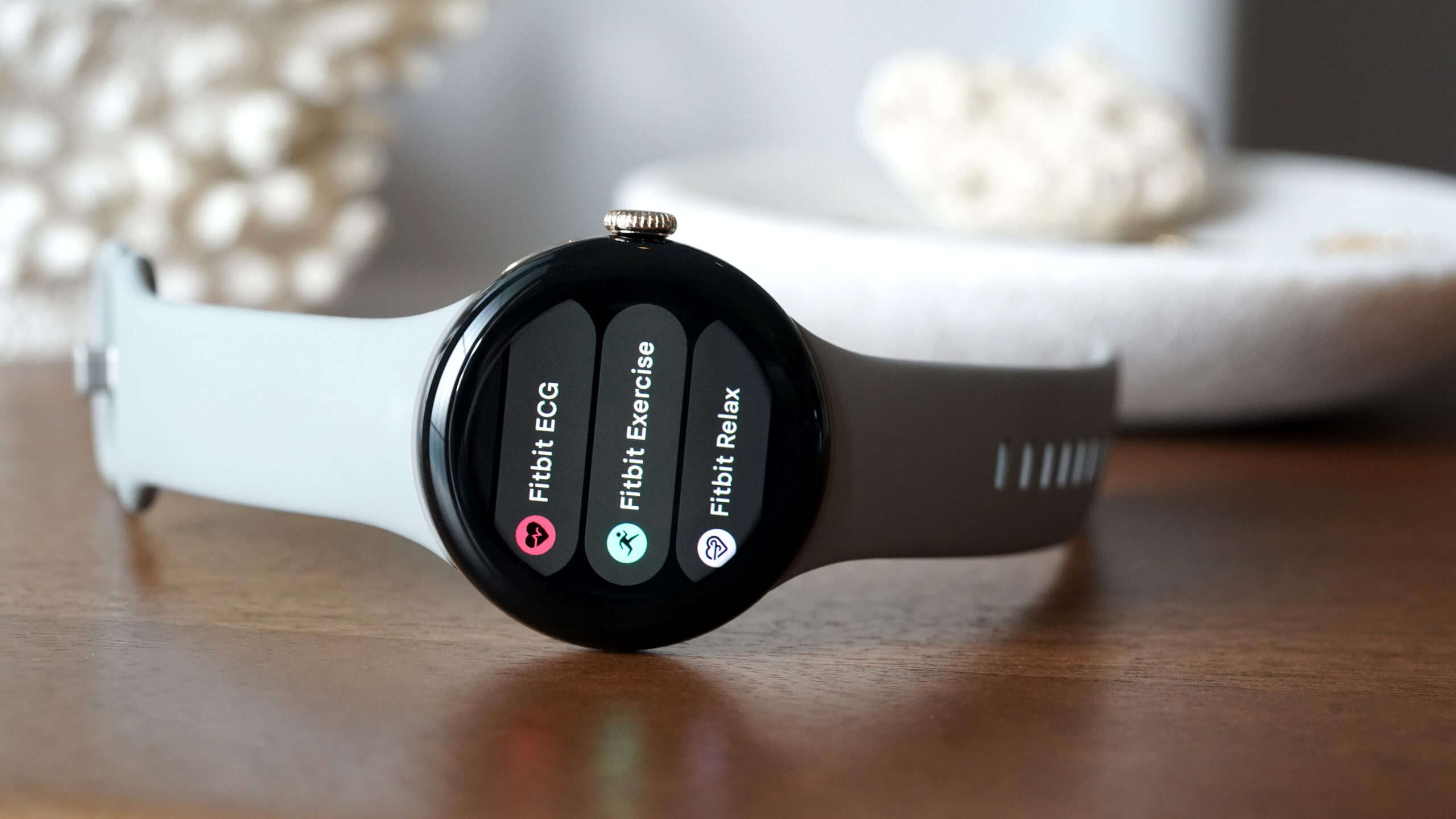
Kaitlyn Cimino / Android Authority
Google Pixel Watch 2
Every time a new Wear OS watch is announced, I am intrigued. I have been using the platform for almost a decade now, and I like to try new watches to see what they offer in terms of features, comfort, battery life, and more. The OnePlus Watch 2, for example, really caught my eye with its excellent dual OS and dual-processor-enabled battery life.
But there’s one thing that holds me back from switching to OnePlus’s latest or Samsung’s excellent Galaxy Watch 6 series, and that’s Fitbit. See, I’ve been using Fitbit trackers for more than a decade now. All my stats are in there, all my patterns, my ups and downs, and my best and worst days. I’m used to the platform, I know how to interpret any day’s data because I know what my historical data is like. So I stick with my Pixel Watch 2, because it offers me the best of Fitbit inside a Wear OS watch. But what if — hear me out — Fitbit wasn’t a Pixel Watch exclusive anymore?
Would you like to see Fitbit on non-Google Wear OS watches?
0 votes
Fitbit app or API? Either, please
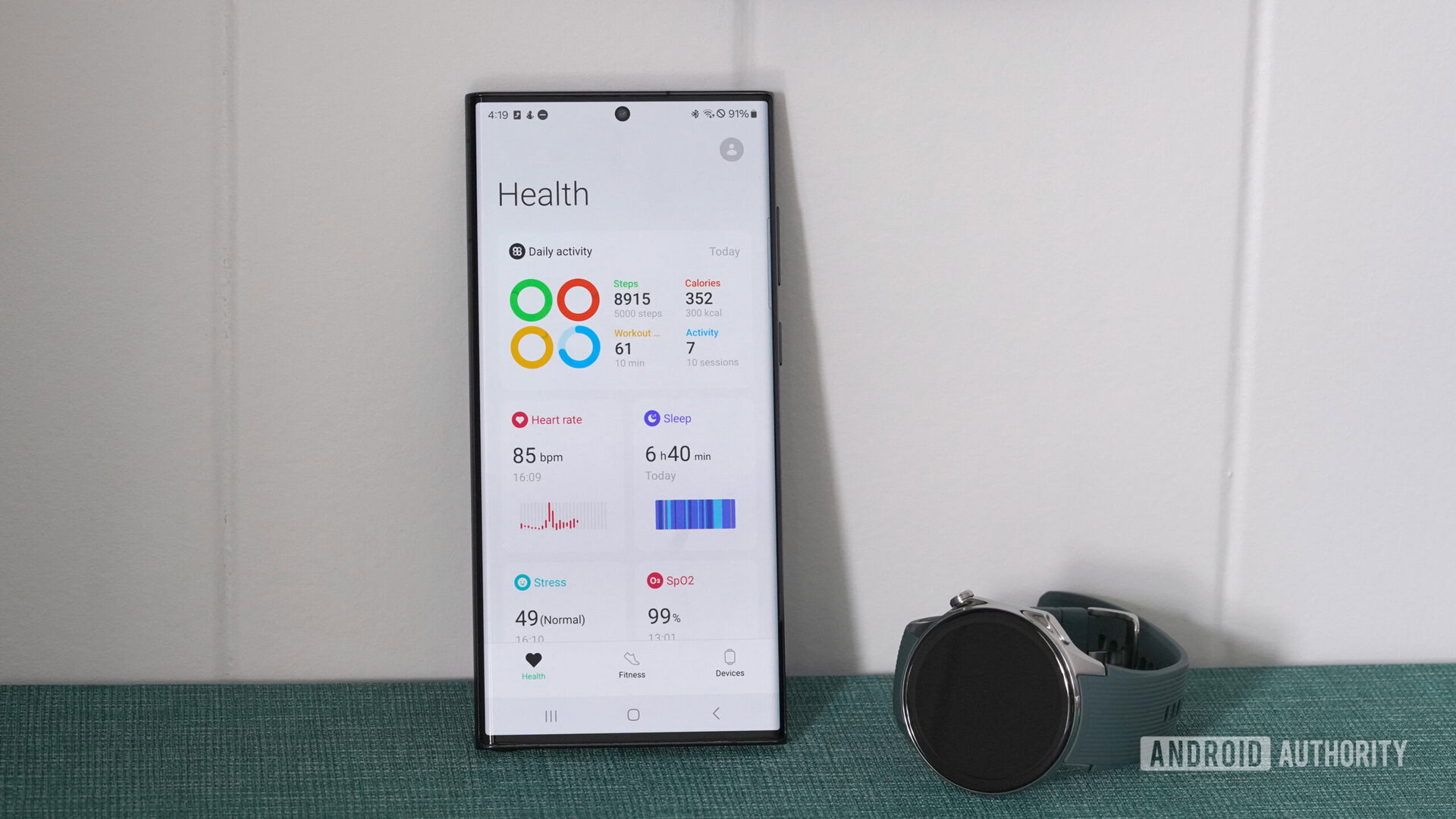
Kaitlyn Cimino / Android Authority
I would love to be able to use Fitbit on other Wear OS smartwatches, and Google could go about it in two ways:
- Either make the Fitbit app downloadable on any Wear OS watch, and then behave like a system app once installed, with all the battery-friendly and background privileges.
- Or open up Fitbit’s API so third-party watchmakers like OnePlus, TicWatch, and others no longer need to develop their own, semi-baked health and fitness solutions for their smartwatches.
App or API, just give me Fitbit so I can switch watches without switching health platforms.
Because, honestly, users like me don’t need more health platforms that barely talk to each other. Yes, I know Health Connect exists, but every health service provider can still restrict what gets exported from or imported into their app, which limits the service’s utility. For example, I can’t sync my menstruation from Oura to Fitbit or vice versa, and that’s important historical data to me and my body that I can’t leave behind if I migrate.
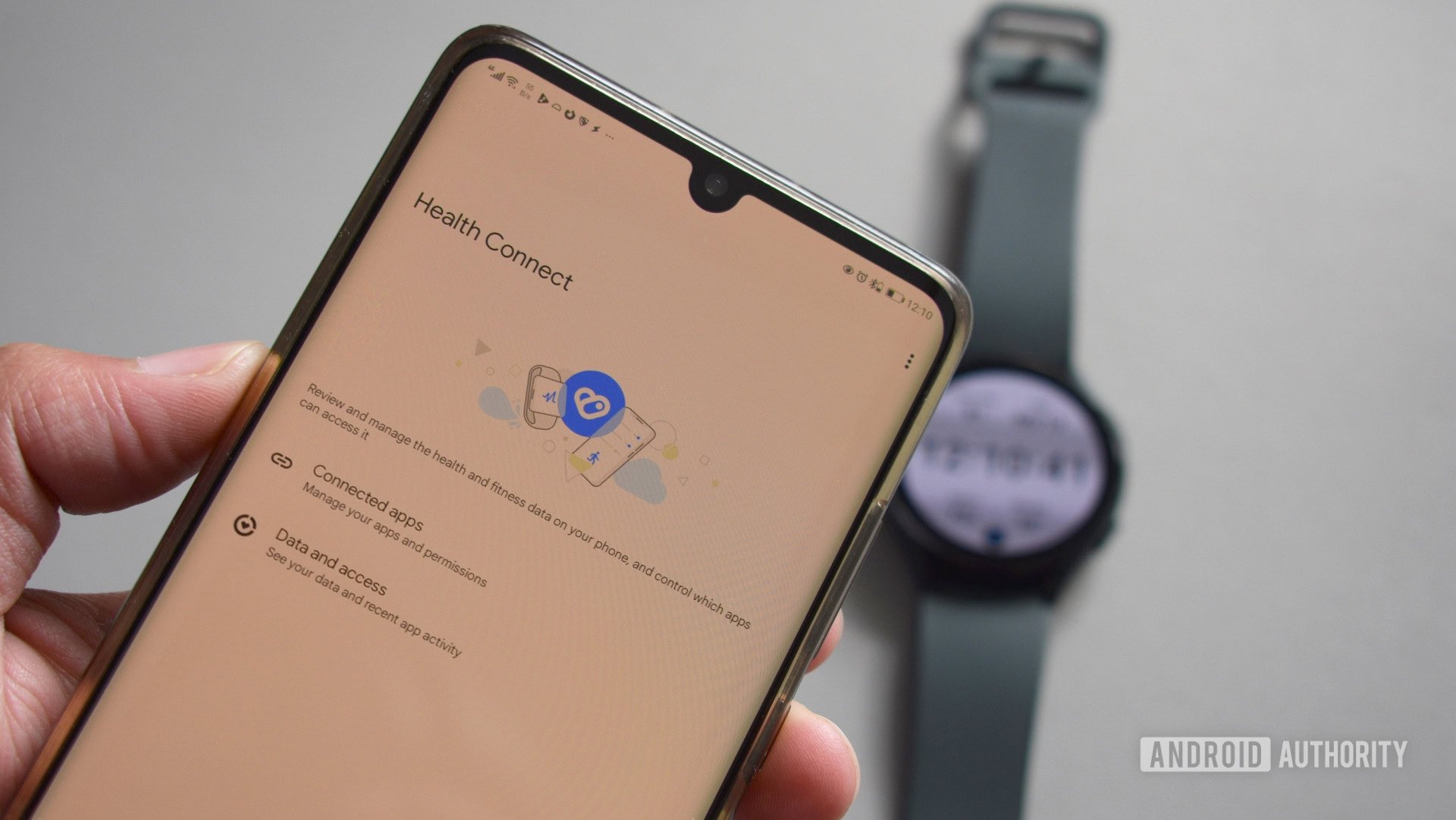
Andy Walker / Android Authority
When things are this confusing — and let’s not forget that Google Fit exists, too — I can’t convince myself to rely on Health Connect to keep my stats in sync across multiple services. Nor can I rely on it if I choose to switch platforms every year or two. So I’d rather stick with the Pixel Watch 2 and its Fitbit stats instead of jumping between different health platforms.
This conviction is strengthened every time I or my Android Authority colleagues test other health platforms. OnePlus’ watch can track a lot of data, but the OHealth app is pretty basic compared to the Fitbit app. Samsung Health, on the other hand, still falls behind Fitbit’s sleep tracking and algorithms. And let’s not talk about other solutions from Mobvoi, Xiaomi, and more.
I have yet to come across a health platform I’d rather use more than Fitbit.
Besides Garmin’s and Apple’s apps, which are only compatible with their respective watches, I’ve yet to come across a health platform I’d rather use more than Fitbit.
More health platforms = more problems
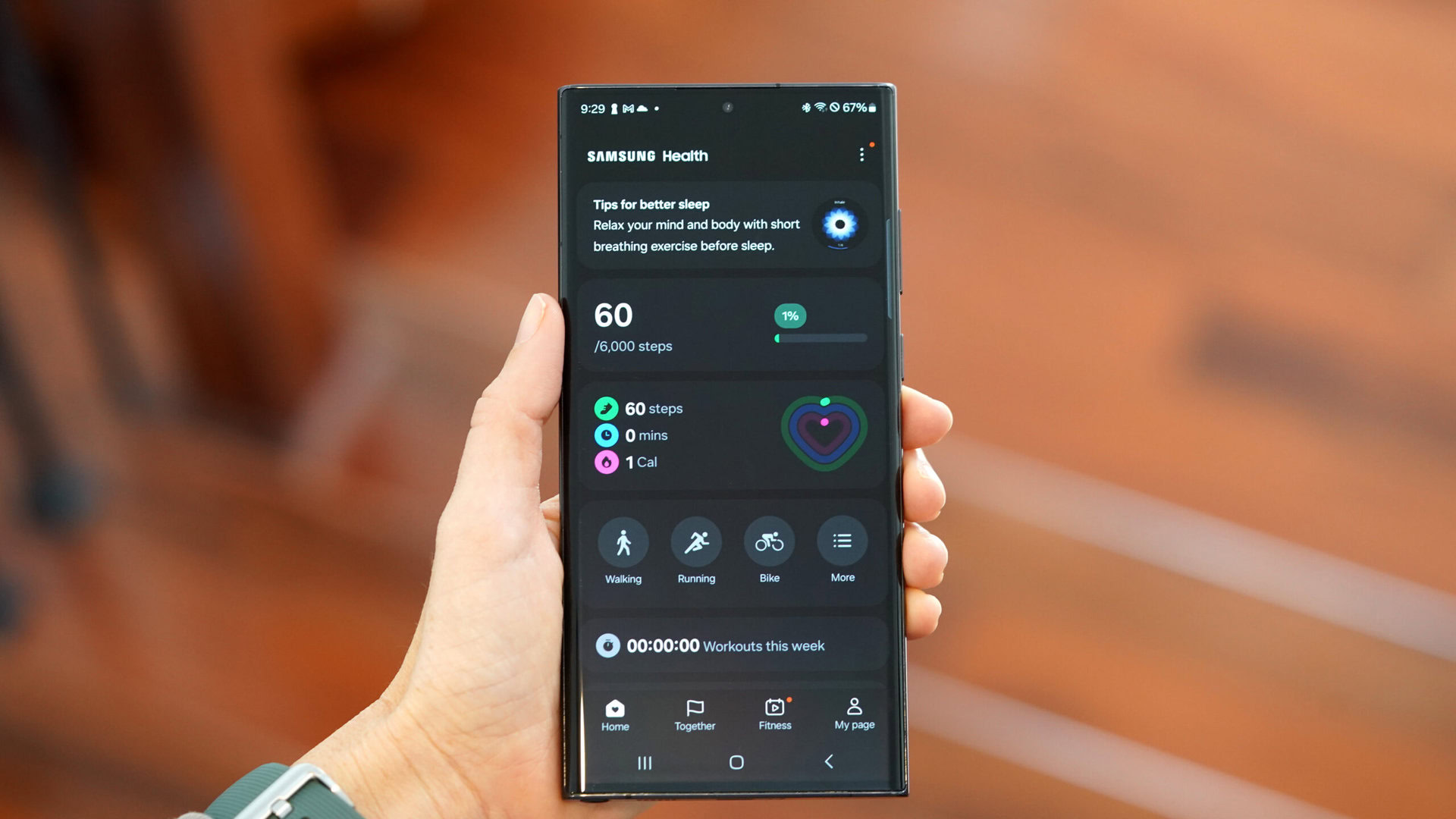
Kaitlyn Cimino / Android Authority
Google is currently pushing smartwatch makers towards health platform fragmentation instead of unity. It owns Fitbit and it could easily decide to make Fitbit the de-facto health tracking software on Android.
Google could unite health on Android under one platform; instead, it’s pushing watchmakers to build more services from scratch.
Instead, any smartwatch maker who wants to ship a new Wear OS watch has a huge barrier to clear. They have to build a companion app from scratch and a health service from scratch. That is not easy.
Gathering data for different exercise types, studying sleep stages, and understanding heart rate zones — all of that is not a given for a hardware company. OnePlus had to establish three health labs, employ more than 100 people, set up university partnerships, and build some in-house algorithms to offer exercise and health tracking in its OHealth app. It’s no wonder that Fossil exited the smartwatch business when this is the barrier to entry!
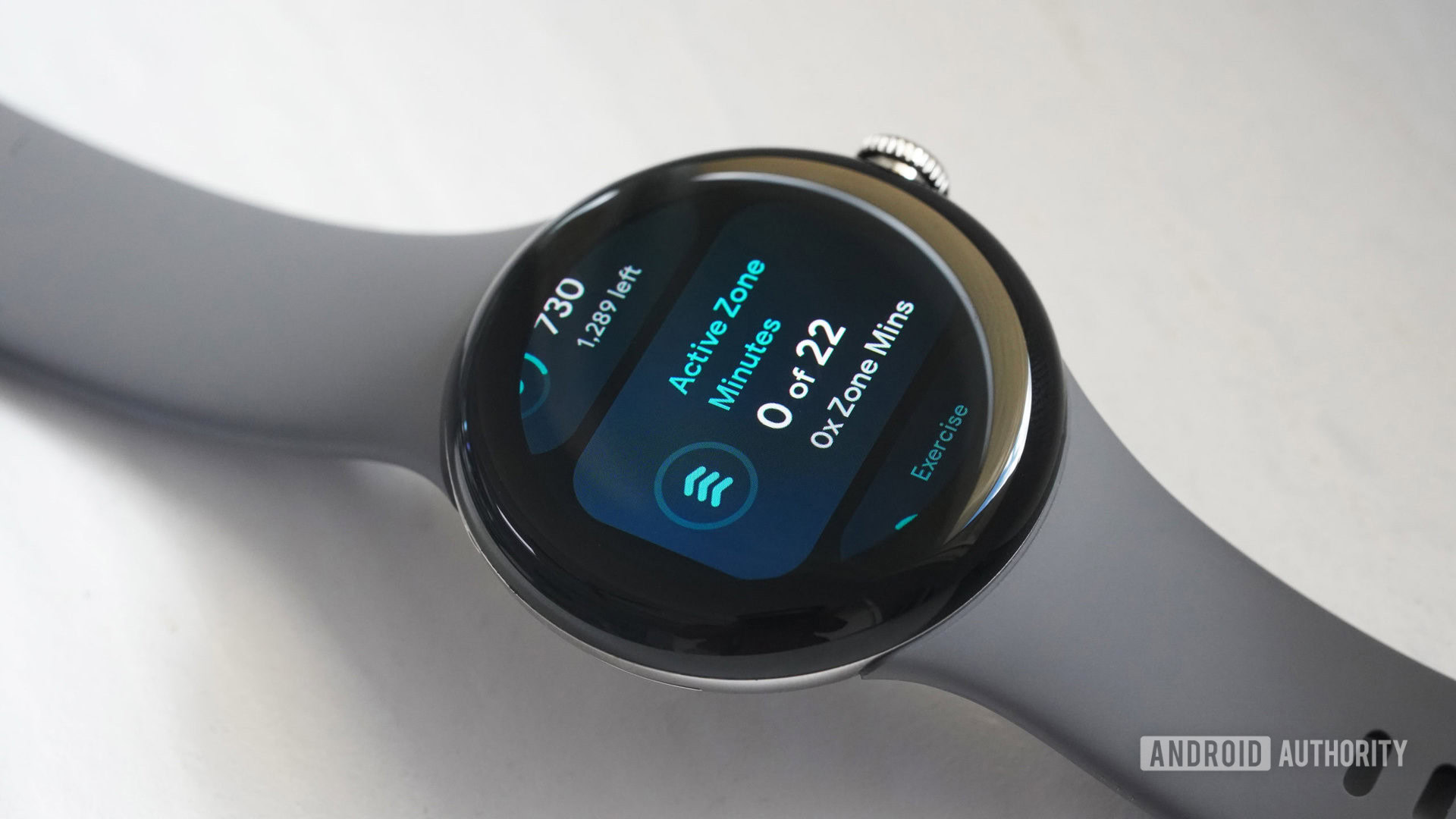
Kaitlyn Cimino / Android Authority
Google Pixel Watch
If Google offered Fitbit’s algorithm and expertise out of the box with Wear OS, it would reduce the investment needed for any watchmaker to build a new watch. It would also collect a lot more user data than if it kept its algorithms exclusive to the Pixel Watch line-up. And data, as we all know, is money.
By offering Fitbit on all Wear OS watches, Google could gather more user data. And data is money.
And for anyone wondering about exclusivity and competition, I say this: If Samsung making Android phones is not a threat to Pixel phones, I don’t see why making Fitbit available on a Galaxy Watch 6 would be a threat to the Pixel Watch.
Look, I don’t know if this is ever going to happen, but it just makes sense to me. So I’m throwing this wish out there now and hoping it materializes at some point. Then I’ll say, “Ah, see, I told you Google should do that!”
Until then, this is me hoping I can, at some point in the future, switch to a OnePlus Watch or Galaxy Watch without losing access to my Fitbit data. And without double-wristing with a Fitbit tracker on the other hand.








